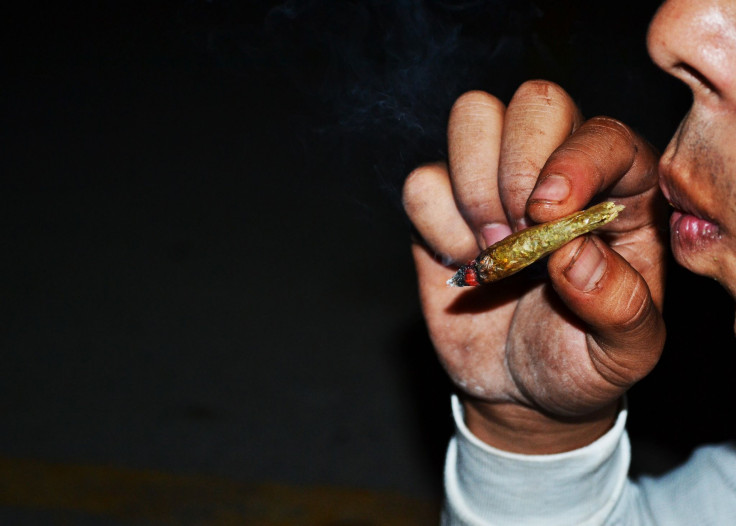Using Recreational Drugs On The Weekend Can Lead To Regular, Daily Use

There are the hardcore drug addicts, the ones who may admit to their problem or not, and then there are the recreational users, who indulge over the weekends or occasionally with their friends and rarely exhibit signs of dependence. A new study suggests the latter may be only a stone’s throw away from becoming the former.
Published in the journal Annals of Family Medicine, the report captures a snapshot of in-patient drug use in one Boston Hospital over a six-month period. Rather than keep their drug use isolated to the weekends, as the patients reported at the study’s onset, more than half of the respondents had migrated their use of marijuana, cocaine, and opioids to the rest of the week. Researchers involved with the study say the findings motivate the need for greater physician oversight.
“The real message of this paper is a monitoring message,” said Judith Bernstein, lead author of the paper and professor of community health sciences at Boston University. Too few doctors take their patients’ recreational drug use into consideration when forming treatment regiments or prognoses, Bernstein argues. Prescription drugs that otherwise would help patients get better could have negative effects if they have to share the bloodstream with illicit substances.
What’s more, she said, doctors “are in a position to support positive behavioral change, as well as to address increases in drug-use intensity as an integral part of their role.”
Those increases are being seen perhaps most strikingly among young marijuana users and prescription opioid users. Over the last decade, heroin overdose rates have quadrupled, and painkillers have become the de facto target. According to past research, roughly one in every 15 people prescribed opiates will try heroin within the next 10 years.
In schools, attitudes toward marijuana are growing more lax. Where more than 80 percent of students, from middle schoolers to high school seniors, believed the drug carried a great risk in 1991, today 60 percent of eighth graders and just under 40 percent of seniors hold that opinion. However, the same data show marijuana use has remained constant over that last 20 years, and it continues to exceed cigarette use over each grade level.
What Bernstein and her colleagues fear, ostensibly, is a population that may be getting too comfortable with the occasional hit. When they collected data from 483 patients from Boston Medical Center, they found only 19.2 percent of weekend users kept up that regularity over the six-month period. Meanwhile, 54 percent had transitioned into using the drugs during the week.
The team has reservations about extending the findings to the general public. Their survey included inner-city residents with recent drug use, which means the same trend won’t necessarily hold for ninth-graders in the suburbs who have never done drugs before. Still, even moderate drug use can lead to dependent behavior and complications with fighting disease and co-existing medication.
“Although weekend-only recreational drug use appears prognostically less severe,” the researchers wrote, “the findings nonetheless suggest that continued episodic monitoring may be clinically wise.”
Source: Bernstein J, Cheng D, Wang N, Trilla C, Samet J, Saitz R. Recreational Drug Use Among Primary Care Patients: Implications of a Positive Self-Report. Annals of Family Medicine. 2015.



























